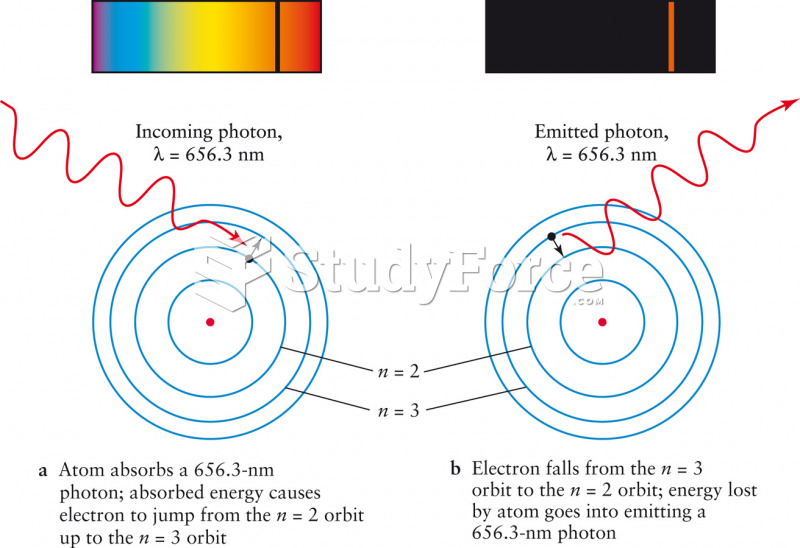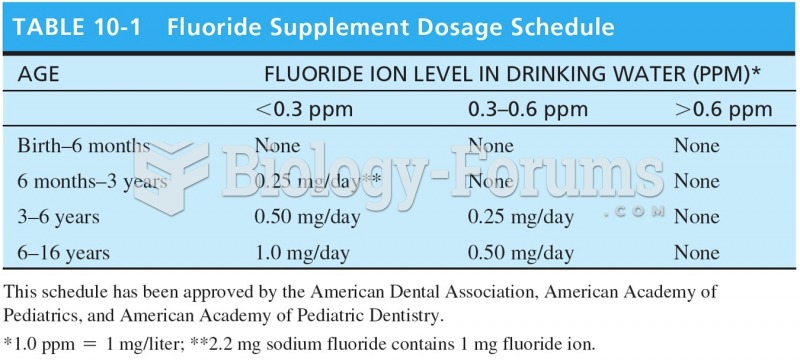|
|
|
HIV testing reach is still limited. An estimated 40% of people with HIV (more than 14 million) remain undiagnosed and do not know their infection status.
The first documented use of surgical anesthesia in the United States was in Connecticut in 1844.
Every flu season is different, and even healthy people can get extremely sick from the flu, as well as spread it to others. The flu season can begin as early as October and last as late as May. Every person over six months of age should get an annual flu vaccine. The vaccine cannot cause you to get influenza, but in some seasons, may not be completely able to prevent you from acquiring influenza due to changes in causative viruses. The viruses in the flu shot are killed—there is no way they can give you the flu. Minor side effects include soreness, redness, or swelling where the shot was given. It is possible to develop a slight fever, and body aches, but these are simply signs that the body is responding to the vaccine and making itself ready to fight off the influenza virus should you come in contact with it.
The top five reasons that children stay home from school are as follows: colds, stomach flu (gastroenteritis), ear infection (otitis media), pink eye (conjunctivitis), and sore throat.
Less than one of every three adults with high LDL cholesterol has the condition under control. Only 48.1% with the condition are being treated for it.
 Generalized scheme showing the contribution of absorption, distribution, metabolism, elimination, ...
Generalized scheme showing the contribution of absorption, distribution, metabolism, elimination, ...
 Effect of pH on drug absorption. (a) A weak acid such as aspirin (ASA) is in a nonionized form in an ...
Effect of pH on drug absorption. (a) A weak acid such as aspirin (ASA) is in a nonionized form in an ...





